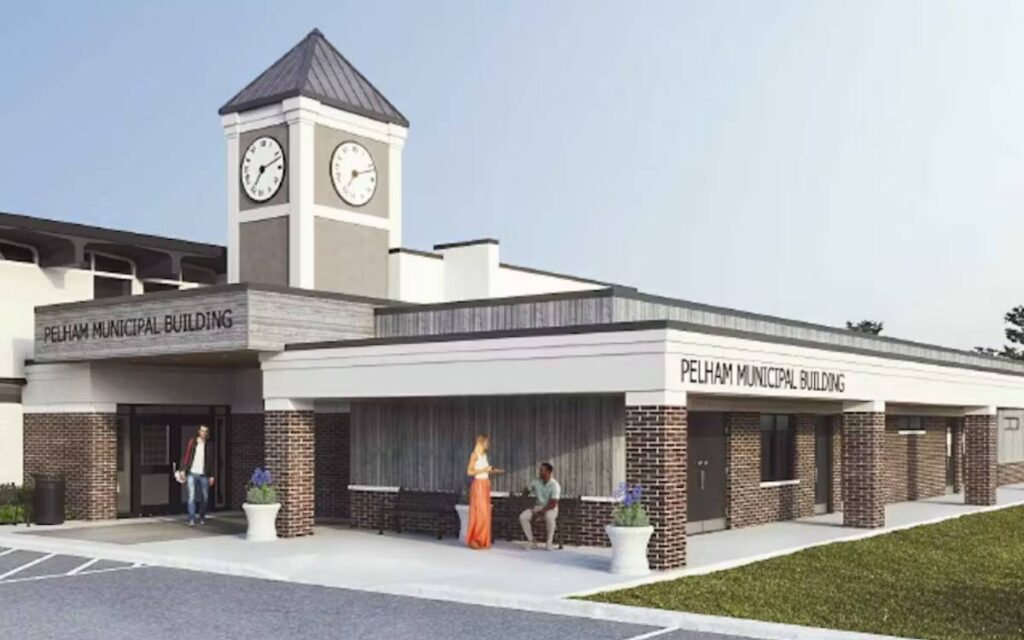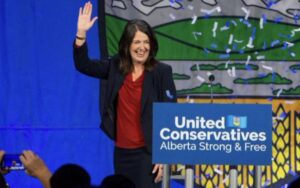
New boundaries were approved earlier this month. Pictured: Pelham City Hall. Photo Credit: Engage Pelham.
Heading into the 2026 municipal election cycle, the Town of Pelham will have new ward boundaries for councillors.
The ward boundary alteration was officially confirmed earlier this month, as town councillors voted to approve a bylaw which will redivide wards in order to account for changing population density, as well as future growth projections.
Ward boundaries have been moved from Centre Street to Effingham Street and have expanded Ward 1, because of greater density in Ward 2. Also, to better serve the residents of Ward 3, its southwest corner will join Ward 1.
The total number of councillors will remain seven. Two councillors will be elected from each ward, while the mayor will be the seventh member. The deputy mayor will be elected to two-year terms by council.
The process of readjusting ward boundaries began shortly after the 2022 municipal election. Council endorsed a review of the ward boundaries in 2023 and was provided with a final report of the ward boundaries and council composition this past May. The deputy mayor selection process was also covered.
In addition, over the past several months, an online survey was conducted in order to retrieve feedback from residents about their preferred voting methods. The overarching goal is to emphasize ease and accessibility for voters, without compromising on privacy and integrity.
The survey officially closed on Dec. 1 and the results are now being organized, with a new report to Council expected during the inaugural quarter of the new year.
David Cribbs currently serves as the Chief Administrative Officer for the Town of Pelham. Cribbs explained that once council determines the way forward on voting methods, the rest of 2025 will involve a lot of “telling people how they can vote, when they can vote, where they can vote,” all in preparation for the 2026 election.
Council will consider three voting methods in 2025. The options will include online voting (expected to cost about $35,390), voting by mail (expected to cost around $84,932) and traditional in-person voting (expected to cost approximately $125,875).

Nick Redekop completed his Honours Bachelor of Arts Degree in Labour Studies at Brock University. He has previously served in municipal and federal politics. In his free time, Nick enjoys following sports, taking part in outdoor activities, and reading biographies. Nick resides in Niagara Falls




















